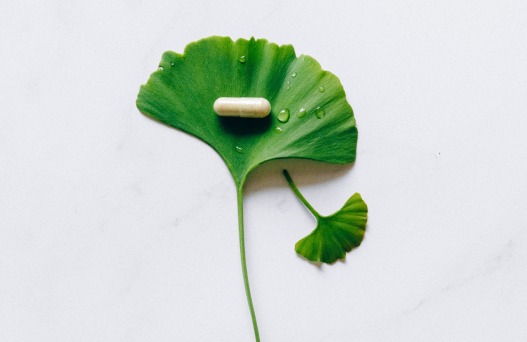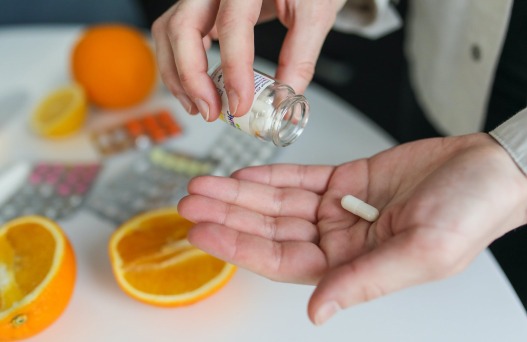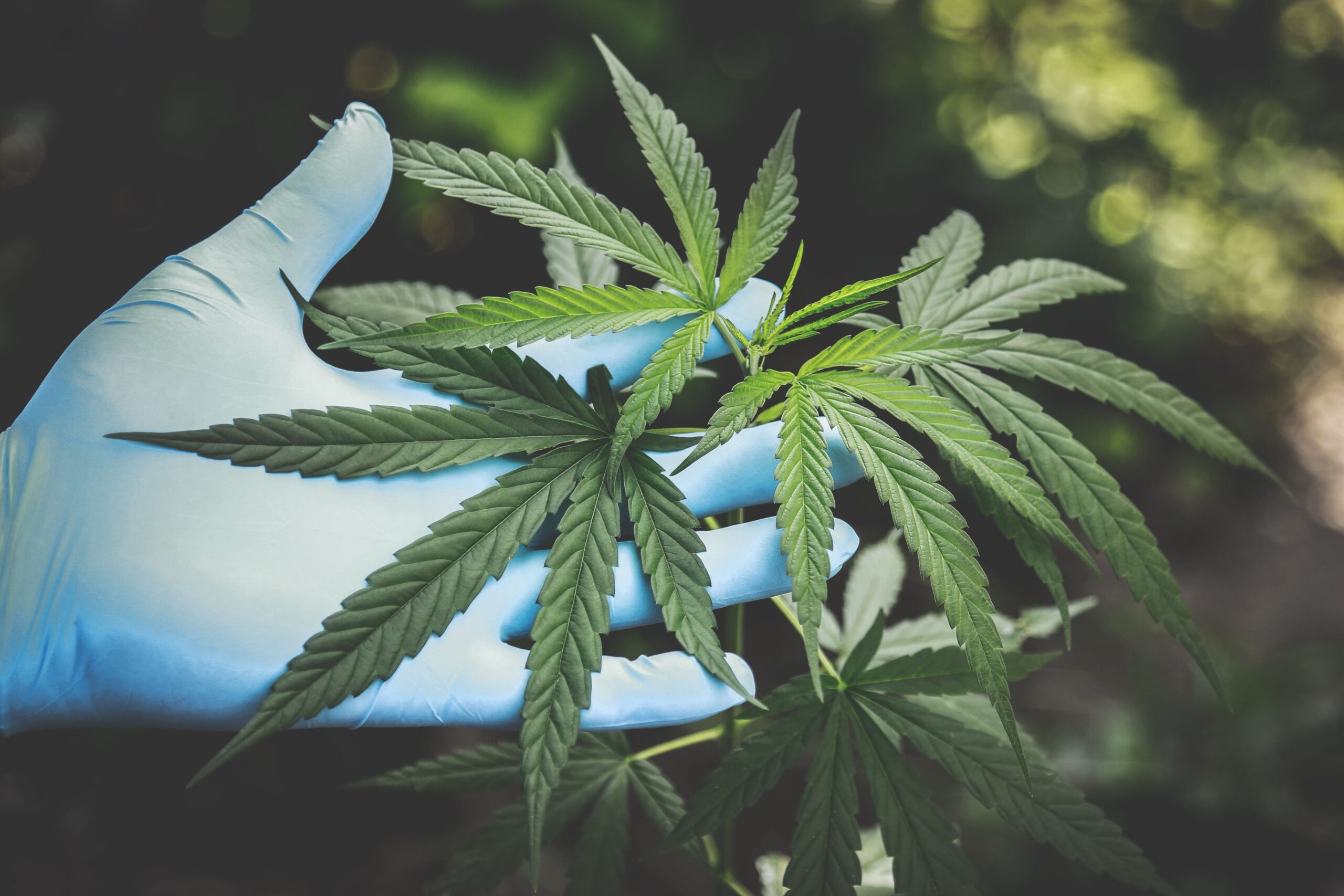In light of the permissibility of cannabis usage in different areas worldwide, one trend that has emerged is the increasing demand for consumable marijuana-based goods. Whether due to medical purposes or recreational use, using edibles provides individuals with an alternative way to experience the effects of cannabis without traditional smoking or vaping practices.
However, while edible consumption is often considered a safer alternative to smoking, it is important to know that edibles come with several risks to an individual’s health, including accidental ingestion, lack of dosage control, cognitive impairment, and others.
Key points
- Edibles are cannabis-based consumable products or foods.
- Due to THC content, they can lead to misuse, dependence, and addiction.
- Risks and long-term side effects of edible use include delayed onset, dosage control, long-lasting effects, allergic reactions, accidental ingestion, cognitive impairment, mental health issues, and potential drug interactions.
- Treatment for edible addiction or substance use disorder includes medical detox, medication-assisted therapy, inpatient rehab, counseling, and peer support.
What Are Edibles?
Cannabis-integrated food products, known as edibles, are consumable products made with THC (Tetrahydrocannabinol) and/or CBD (Cannabidiol) and can have psychotropic effects similar to those of smoked or vaped marijuana.[1] Edible types vary from brownies and gummies to beverages, catering to individuals who prefer an alternative to traditional smoking or vaping techniques.
The discrete nature of edibles and their diversity in flavor make them an increasingly popular choice among cannabis users. Ingesting marijuana edibles differs from smoking cannabis products, however, as individuals need to wait for cannabinoids to be absorbed by their gastrointestinal tract, eventually making their way through the liver, where they are metabolized.
Because of this, it can take up to two hours until peak effects occur, depending on interrelated factors such as metabolism rate or the dosage taken. Although slow-acting initially, most people report effects lasting between four and twelve hours post-consumption.
Are Edibles Addictive?
Consuming excessive amounts of marijuana products on an ongoing basis can lead to addiction.
This is mainly attributed to the compound THC, the primary psychoactive element in edibles that activates the reward system within the brain when consumed. Consequently, relying too heavily on this habit-forming chemical reaction predisposes individuals toward developing a dependence on marijuana-related products or other substance use issues.
It’s worth noting that not all edibles have a significant amount of THC.[2] Some edibles in stores contain CBD, a cannabinoid that doesn’t have psychoactive effects like THC. CBD isn’t addictive and can have medical benefits for various conditions like anxiety, panic attacks, and seizures.
The risk of addiction may be lower with edibles compared to smoking or vaping cannabis. This is primarily because the effects of edibles are more gradual and prolonged, which may reduce the likelihood of developing tolerance and cravings. Additionally, the slower onset and longer duration of effects may encourage more moderate and controlled consumption patterns among edible users.
It is important to understand that there is always a risk of addiction when using any drug, including edibles. Once a physical or psychological dependence has formed, professional treatment is the safest way to navigate recovery. Therefore, it is paramount to be mindful of the possible consequences of their usage and always practice responsible consumption.
Are Edibles Dangerous? What Are The Risks?
Edibles offer a convenient means of using marijuana. However, they also pose certain risks. Informed decision-making is essential when deciding to consume edibles. Below are some of the potential risks associated with their usage:
Delayed Onset
It is worth noting that compared with smoking or vaping cannabis, edibles generally take much longer for their effects to materialize – often taking 30 minutes up to two hours before anything kicks in fully.
This delayed onset could cause some individuals to overconsume since they may mistakenly perceive their initial dosage as ineffective. As a consequence of “overdoing” it, side effects can vary from severe anxiety and paranoia-like symptoms to potential hallucinations.
Dosage Control
Ensuring accurate THC or CBD measurement can become a significant challenge when making edibles at home. Similarly, even commercially available products can have varying potency levels depending on their manufacture, making it difficult to achieve consistency across batches.
Long-lasting Effects
The consumption of edibles can have a longer-lasting impact than smoking or vaping, sometimes up to eight hours or more. While this extended duration can be beneficial in some cases, it can also lead to unexpected side effects, especially for beginners or those with lower tolerance levels.
Allergic Reactions and Food Safety
Edible products have the potential to contain a range of ingredients, including nuts, dairy, gluten, and soy, which are commonly known allergens. Awareness of edible ingredients is crucial to prevent allergic reactions and other adverse effects. As with any food item, edibles can be vulnerable to spoilage or contamination if not stored or prepared properly.
Accidental Ingestion
Edibles may look harmless, but they carry a serious risk of accidental ingestion, especially for children and pets. Tragic consequences such as hospitalization or even death can result from this. Therefore, proper storage and labeling are vital to prevent unintended consumption and maintain the safety of everyone in the household.
Long-Term Side Effects of Taking Edibles
Although cannabis edibles are generally considered safe for occasional and moderate use by most adults, prolonged and excessive consumption can result in various potential short-term and long-term side effects. Knowing about these potential repercussions is crucial to making informed decisions about your consumption patterns. Consistent intake of edibles may lead to several long-term side effects, such as:

Cognitive Impairment

Prolonged and regular consumption of THC-infused edibles may impair cognitive abilities, such as memory retention, attention span, and learning capabilities. This should be of particular concern for young individuals whose brains are still developing and are more susceptible to the negative impacts of THC.[3]

Mental Health Issues

Prolonged use of edibles containing high levels of THC has been associated with an increased likelihood of experiencing psychological disorders, including anxiety, depression, and psychosis, among some individuals. The connection between cannabis and psychological health is multifaceted and not entirely straightforward. Monitor your psychological wellness and seek assistance if you detect any negative behavior trends.

Dependence and Addiction

Consumption of THC-infused edibles can lead to the development of addiction and psychological dependence over time. Individuals who consume these edibles regularly may experience cravings and withdrawal symptoms upon cessation. These negative effects may disrupt their daily lives and overall well-being over an extended period.

Overall Health

While edibles offer a safer alternative to smoking or vaping cannabis by eliminating respiratory risks, there is still concern regarding their long-term adverse effects on the body. A consistent intake of high-calorie sugary edibles can lead to weight gain, obesity, and an increased risk of developing associated conditions like cardiovascular diseases.

Drug Interactions

Given the medicinal benefits of certain cannabinoids found in cannabis, some users consume these products as alternative treatments for various conditions. However, studies have shown that interactions between these substances and certain medications are possible, potentially causing adverse effects or decreased effectiveness in treatment regimens.
Therefore, individuals who consume edibles containing THC or CBD should have an open dialogue with their healthcare provider regarding usage patterns and prescription drugs being used to minimize dangerous health effects.
Edibles FAQs
What is the recommended treatment for marijuana addiction?
Treatment interventions for substance use disorder include medical detox, medication-assisted therapy, inpatient rehab, counseling, and 12-step programs. In many cases, detox on its own is not enough to sustain lifelong recovery. This treatment should be part of a comprehensive care plan that supports long-term sobriety.
What is the recommended starting dose for edibles?
For those new to edibles or with low tolerance levels, starting with a low dose of around 2.5 milligrams of THC or CBD is recommended. This allows users to gauge their response to the edible before gradually increasing the dosage.
Can I overdose on edibles?
The possibility of a lethal overdose from consuming excessive edibles is very low. Nevertheless, overdosing on edibles may cause severe discomfort and unwanted side effects. These unwelcome side effects can include anxiety, paranoia, dizzy spells, nausea, or hallucinations.
Can I drive after consuming edibles?
Driving under the influence of cannabis, including edibles, is illegal and dangerous. The psychoactive effects of THC can impair reaction time, motor coordination, and decision-making skills, bringing a higher risk of accidents. It’s crucial to wait until the effects of the edibles have fully dissipated before operating a vehicle.
Can I consume edibles if I’m pregnant or breastfeeding?
The consensus among medical professionals is clear – pregnant or nursing parents should avoid using cannabis products due to its potential impact on babies’ health and development. The chances of THC crossing through the placenta or entering into breast milk remain a concern, causing medical experts to advise against this practice entirely.
How do CBD edibles differ from THC edibles?
CBD edibles are infused with cannabidiol, a non-psychoactive compound found in cannabis that does not produce the “high” associated with THC. CBD edibles are often used for their potential relaxation benefits, such as pain relief and anxiety reduction, without the intoxicating effects of THC.
Barrus, D. G., Capogrossi, K. L., Cates, S. C., Gourdet, C. K., Peiper, N. C., Novak, S. P., Lefever, T. W., & Wiley, J. L. (2016, November). TASTY THC: Promises and challenges of cannabis edibles. Methods report (RTI Press). https://www.ncbi.nlm.nih.gov/pmc/articles/PMC5260817/.
Tetrahydrocannabinol (THC) – statpearls – NCBI bookshelf. (n.d.). https://www.ncbi.nlm.nih.gov/books/NBK563174/.
Friese, B., Slater, M. D., Annechino, R., & Battle, R. S. (2016, June). Teen use of marijuana edibles: A Focus Group Study of an emerging issue. The journal of primary prevention. https://www.ncbi.nlm.nih.gov/pmc/articles/PMC4864086/.
